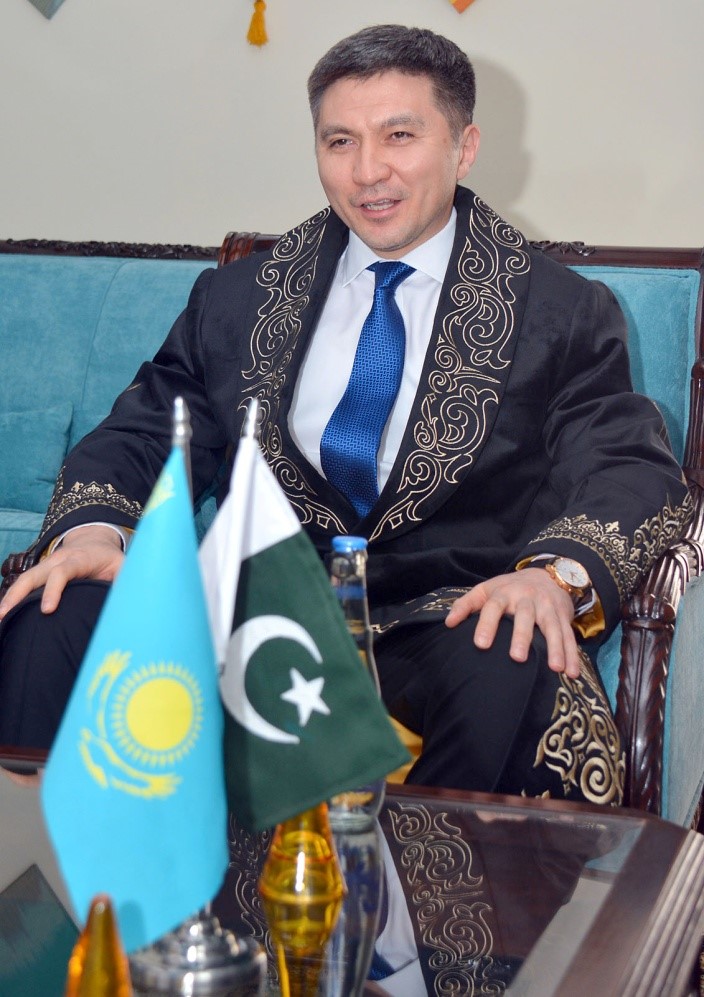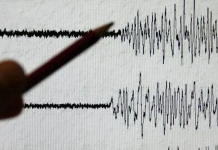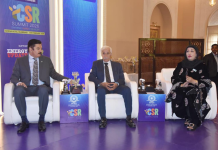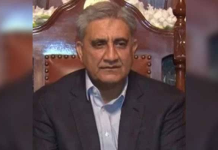The key point in Kazakh-Pak relationship front the beginning is a total absence of any profound disagreements, what makes our countries able to develop cooperation in any field: Ambassador Yerzhan Kistafin
Ansar M Bhatti
Ambassador of Kazakhstan Yerzhan Kistafin gave an exclusive interview to Daily Islamabad POST. This was his first-ever interview to any Pakistani media house, after assuming charge of the office of the Ambassador of Kazakhstan to Pakistan. Ambassador Kistafin recently presented his credentials to the President of Pakistan Dr. Arif Alvi. Attired in the traditional Kazakh dress Chopan, Ambassador Yerzhan Kistafin talked extensively about bilateral as well international relations. His interview shall be published in parts in Daily Islamabad POST while it will also be published in the October 2021 issue of CENTRELINE magazine.
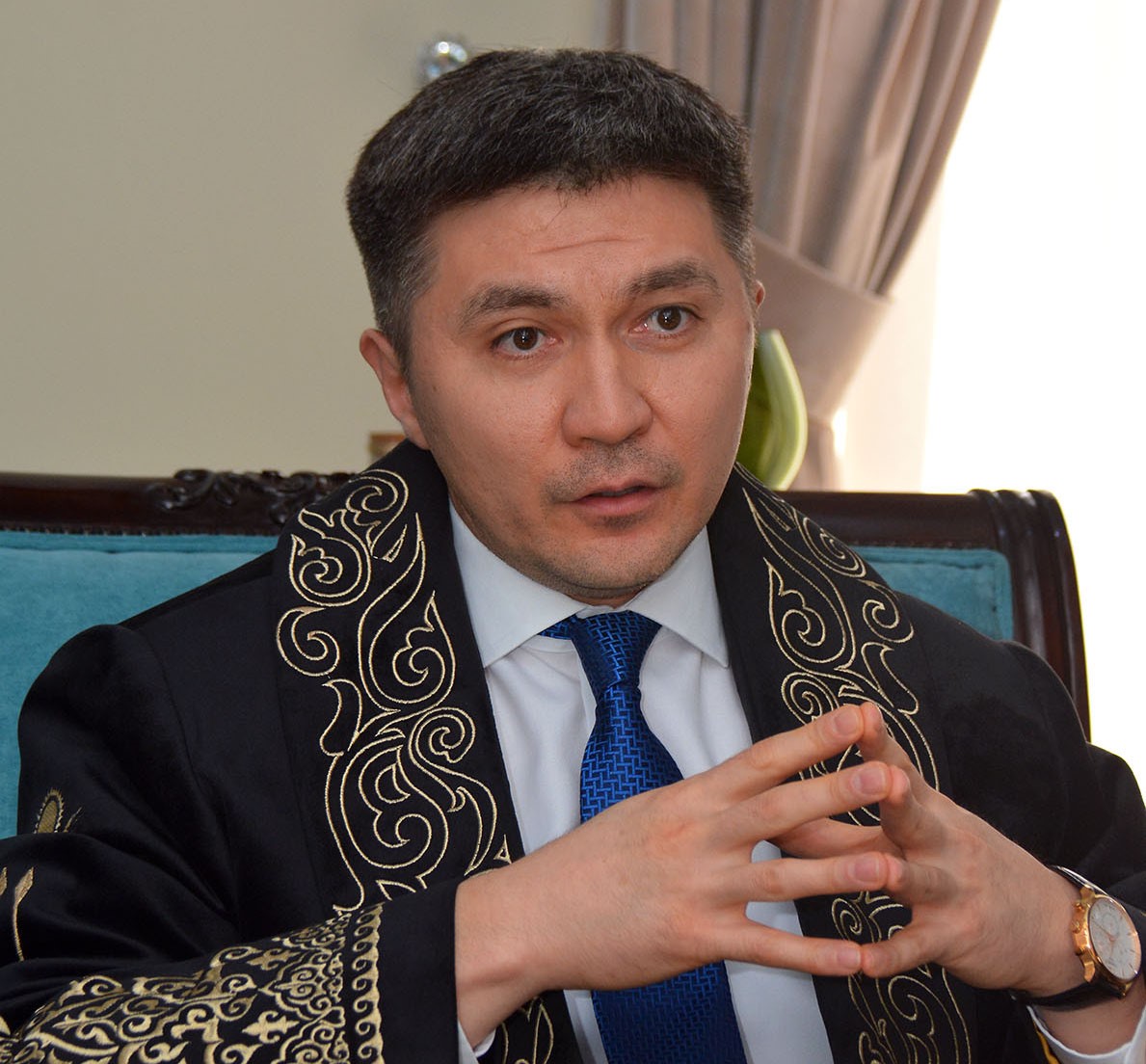
- Please share with our readers a brief history of Kazakhstan including life style; historical background; tourist destinations; cuisines, etc.?
It is important to note, that Kazakhstan is the country, whose almost 19-million population, despite of being ethnically diverse, is mostly composed by Kazakh people with their own language, culture, traditions and, of course, history.
Another issue to mention is that history of Kazakhstan is largely the one of nomads, who Kazakh people had been for centuries before totally got sedentary at the very beginning of the 20th century. This is the reason why Kazakh traditions, folk music, traditions, cuisine are referring so much with our nomadic past.
As for the term “Kazakh” and its origin, scholars have different views but the most popular among them is the one that the word “Kazakh” means free and warlike people.
Just few years ago, Kazakhstan widely celebrated the 550th anniversary of creation of the Kazakh Khanate, a nomadic state, which is known as the first statehood of Kazakh people and predecessor of modern-day Kazakhstan. The Kazakh Khanate was a successor of the Golden Horde and existed from the 15th to 19th century. The khanate was established by Janibek Khan and Kerei Khan around 1465.
Kasym Khan, a son of Janibek (then leader of Kazaks), helped Babur, founder of the Moghul Empire, to conquer Kabul and Delhi Sultanate afterwards, sending Kazakh warriors to join Babur’s army.
Since the first half of the 18th century, the Kazakh Khanate gradually got under the power of the growing and expanding Russian Empire, what ended up in the 19th century with the abolition of the Khanate and total incorporation of Kazakh landmasses into the Russian Empire. During that time, Pakistan as well as the most of the Indian subcontinent was gradually getting under control of the British Empire.
The 20th century was mostly the era of the so-called Soviet Kazakhstan, when our country was an integral part of the USSR and developed within the Soviet power until it collapsed in 1991.
Nowadays sovereign Kazakhstan, which is celebrating this year the 30th anniversary of its Independence, is a well-known state with a strong commitment to enhance mutually beneficial relationship with any state of the world, including, certainly brotherly Pakistan.
In this regard, I would like to reiterate the fact that Pakistan was among the first to have recognized Kazakhstan as a sovereign state in late 1991. It followed by the establishment in February of 1992 of diplomatic relations between our countries, which at present have enormous potential in developing interstate cooperation in every field.
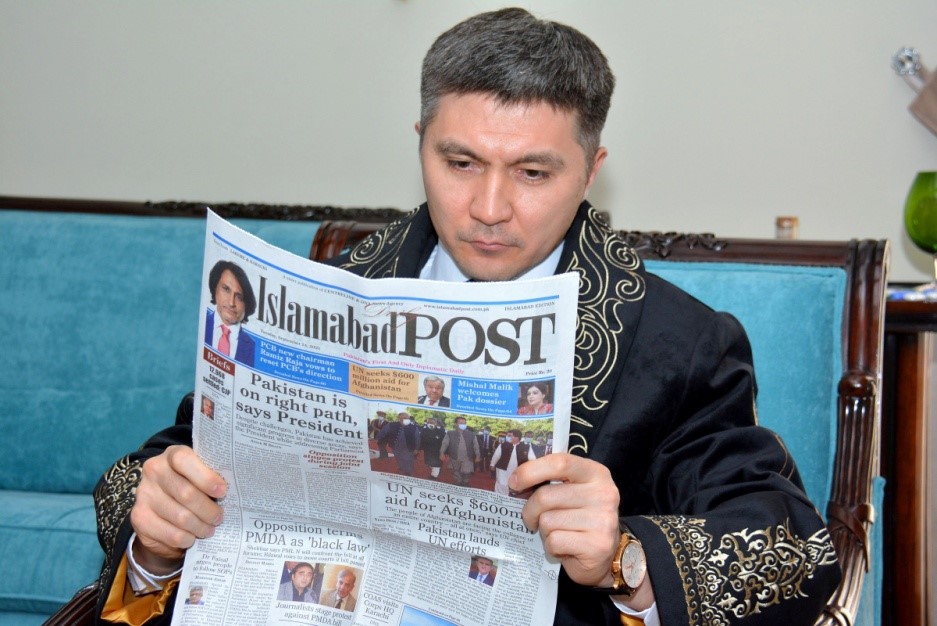
What are major exports and imports of Kazakhstan?
Kazakhstan is the biggest economy in Central Asia and our strategic goal is to secure leading positions in the region and strengthen our niche in the world economy.
But as any another national economy in the world the economy of Kazakhstan was badly damaged by COVID-19 pandemic. Nevertheless, the Government of Kazakhstan managed to keep the economic situation in the country under control and start overcoming consequences of the pandemic.
Kazakhstan is known as a country, blessed to have huge natural resources, including oil, gas, metals, uranium and many others, which the world economy still needs and makes our country a major exporter of natural resources. Currently the bigger part of our national export volume are natural resources, which comprise more than its half.

